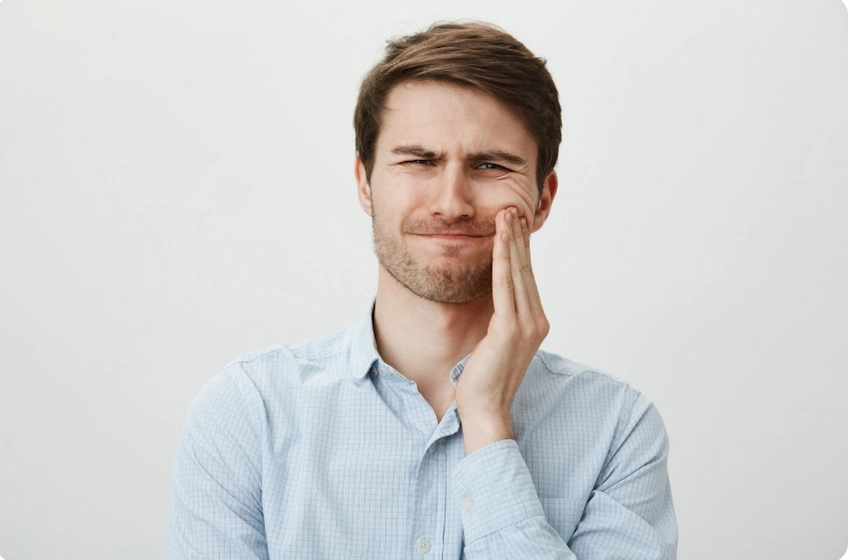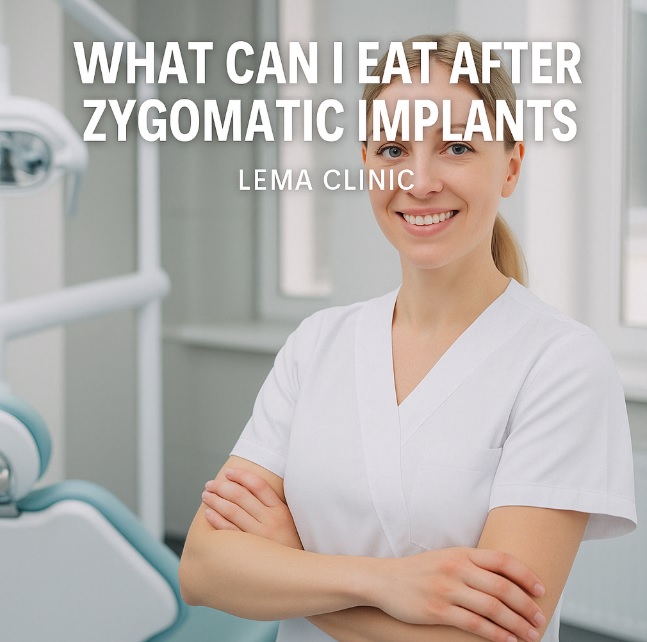🦷 Hard Toothbrush or Soft Toothbrush: Which One Is Better?
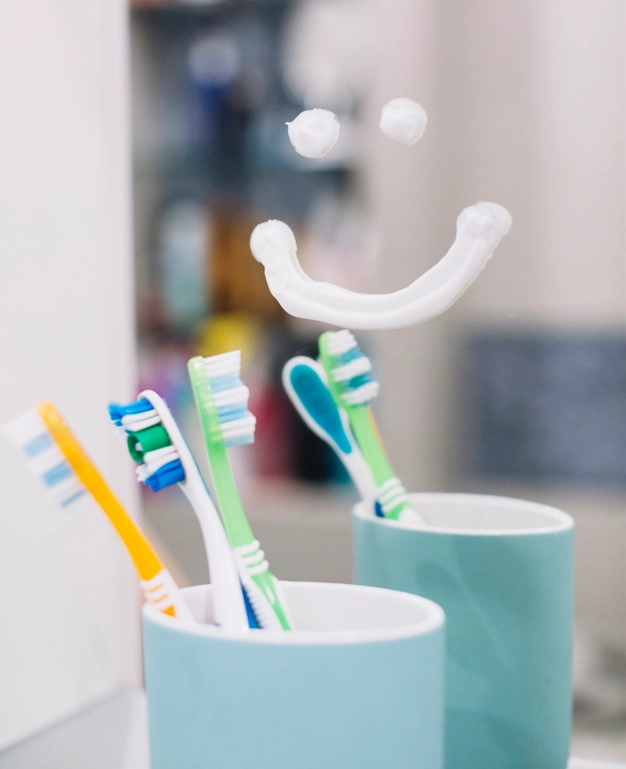
Choosing a toothbrush may necessitate careful consideration of various factors beyond mere aesthetics. The critical determinants should focus on improving the well-being of your teeth and gums. Flatly put, the moment of truth lies in whether one should use a toothbrush with hard bristles or a toothbrush with soft bristles. Each of these types serves unique purposes, yet the choice made hereon shall target the eventual health of the mouth.
What Are the Differences Between Toothbrush Bristle Types?
Within the oral care arena, consumer brushes are equipped with varying bristle strengths, which are categorized by three main groups: soft, medium, and hard. Not only is it necessary to keep the functions of these things in mind for effective use, but it is also important to ensure that they further provide the required normal hygiene of the teeth.
- Soft toothbrushes are gentle on teeth and gums, making them perfect for everyday use. Employing them daily supplies proper comfort and effectiveness for general cleaning of teeth, while bulky brush patches medical advancements and aids in the treatment of dental as well as orodental problems.
- Hard toothbrushes are made up of stiff bristles that can scrub more aggressively and thus be advantageous in some cases of specific cleaning situations. Yet they are not the right choice for everyone.
- Medium bristle toothbrushes are neither too hard nor too soft, allow a moderate level of cleaning, and can be used by most people.
Most dentists recommend soft bristles for daily brushing, but let’s dive deeper into why.
Advantages of a Soft Toothbrush
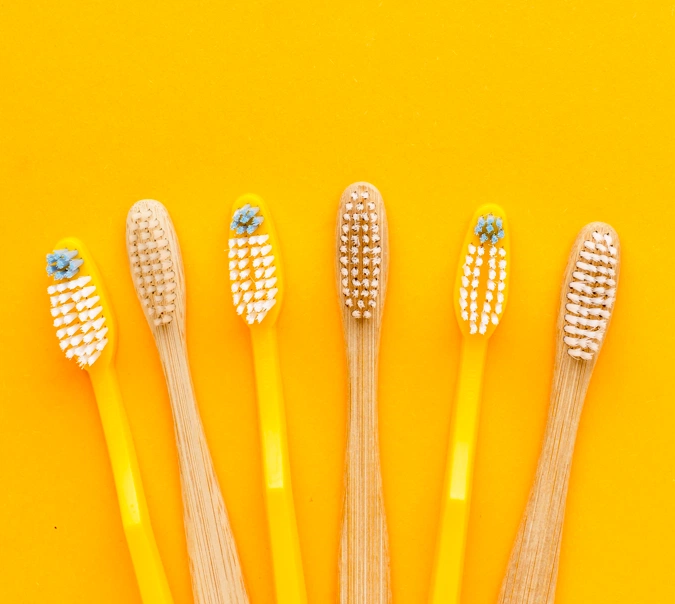
Soft toothbrushes are made to remove tooth decay thoroughly with no harm to the enamel or gums of the user. They adapt and partially access difficult places, so they are quite good for sensitive teeth, receding gums, or people with braces.
Their use with the appropriate method can yield the result of plaque removal as much as do hard ones without the danger of stripping the enamel. The dentists, who mostly lean towards soft-bristled toothbrushes, take this point as an advantage—the latter reduces the chance of gum irritation as well as enamel wear.
Disadvantages of a Hard Toothbrush
The idea that hard toothbrushes may appear as those who scrub fast is nothing but a facade because the reality is that they are the cause of double – they do mostly harm. With time, very hard bristles not only destroy enamel but also make teeth sensitive and even cause gum recession.
The primary hazard is that most people who use a hard toothbrush tend to excessively press their teeth, and as a consequence, the wear of the teeth gets multiplied. If it is not your dentist who is recommending it, do not consider using hard toothbrushes for your daily brushing.
Who Might Require a Hard Toothbrush?
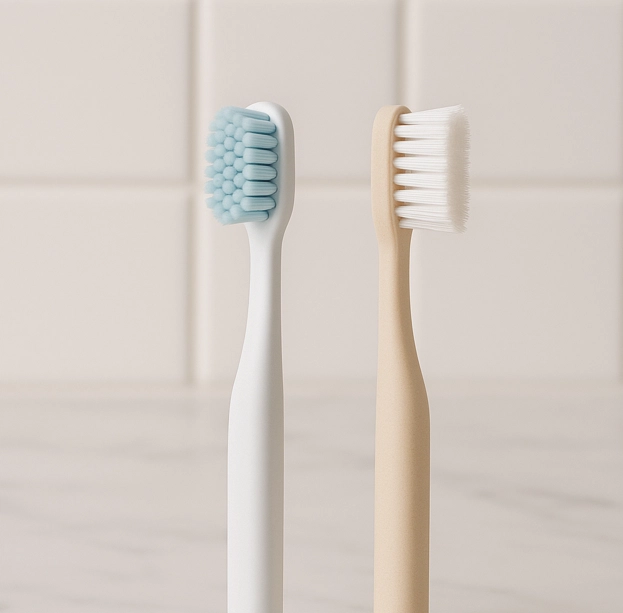
In some situations, a hard toothbrush might be the right choice to deal with issues such as the cleaning of dental appliances that can be removed, dentures, or mouthguards (not the natural teeth). A few people might use them for cleaning the surfaces of the teeth deeply; however, it has to be done rarely and only with the help of a professional.
Feeling like your teeth are not clean enough and thinking of switching to a hard toothbrush will only make things worse. If you want your teeth to be cleaned the right way, just follow the easy and effective tips of brushing and taking professional help from your dentist.
Which One Should You Pick?
A soft-bristled toothbrush is the safest and most efficient means of maintaining the oral health of most people. It is gentle to the gums, does not let the enamel get damaged, and still allows for easy removal of plaque. You should get a fluoride toothpaste and brush your teeth for two minutes in the morning and at night if you want a great result.
If you want a stronger brush and you are not sure whether it is the right choice, do not hesitate to talk to your dentist. They will tell you what type of bristles and brushing technique is the most suitable for your condition.
Last Thoughts
Your toothbrush for the next years- the right one will be a hard one though. Hard toothbrushes are versatile, but a soft toothbrush is the most convenient daily dental care choice. At Lema Dental Clinic in Istanbul, we are always telling people to use protective equipment against enamel and gum problems, and when combined with professional cleanings, a soft brush will be the one to let your beautiful smile shine, and keep it healthy.
FAQ: Hard Toothbrush or Soft Toothbrush – Which One is Better?
Yes, soft toothbrushes are safer for gums and enamel while still cleaning effectively.
Yes, prolonged use of hard bristles can wear down enamel and cause gum recession.
Only in special cases, like cleaning dentures or appliances, not for daily tooth brushing.
When used with proper technique, a soft toothbrush removes plaque just as well as harder bristles without causing damage.
A soft-bristled toothbrush is the best choice for sensitive teeth, as it gently cleans without increasing discomfort.
